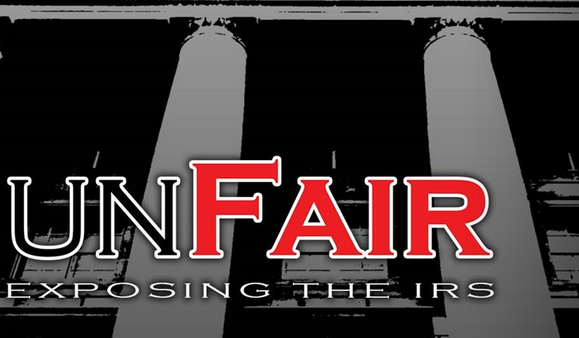
On November 5, 2020, the Service clarified the procedures that apply to the imposition of penalties for late-filed international information returns submitted under the DIIRSP. In June 2014, the Internal Revenue Service’s (“Service” or “IRS”) established the DIIRSP for entities or individuals seeking to late-file delinquent international information returns and to avoid civil penalties based on reasonable cause. The court could rule on that case at any time between now and late June.Recent clarifications to the Delinquent International Information Return Submission Procedures (“DIIRSP”) remind taxpayers and their advisors of the need to understand the standards, case law, and administrative guidance that apply to requests to have late-filing penalties abated on the ground of reasonable cause. The Supreme Court heard oral arguments on California v.

The court concluded in NFIB that the individual coverage ownership mandate penalty is a tax protected by the Anti-Injunction Act.Īttorneys general from Texas and other states are questioning whether the zeroed-out penalty is still a tax and still has Anti-Injunction Act protection. If not, the Texas attorney general’s coalition contends, the mandate provision is simply an unconstitutional requirement for people to own health coverage.īecause the Affordable Care Act contains no provision saving the rest of the law if one part is thrown out in court, a finding that the mandate is unconstitutional should kill the entire Affordable Care Act, according to the coalition. The Patient Protection and Affordable Care Act - part of the Affordable Care Act - imposes a penalty on people without what the government classifies as adequate health coverage.

The court held in NFIB that, in connection with the Anti-Injunction Act, Congress can direct that a penalty should be treated as a tax. Kagan referred specifically in the CIC opinion to a 2012 Supreme Court ruling upholding the constitutionality of the Affordable Care Act, National Federation of Independent Business (NFIB) v. If the Supreme Court had sided with the IRS, that would have had “profound, real-world impacts radiating far beyond this case by insulating an array of Treasury and IRS rules from judicial review,” the foundation told the Supreme Court. The Americans for Prosperity Foundation argued in another brief that both the IRS and other agencies have been using the threat of massive civil penalties as a weapon to shield actions from judicial review. The Harvard Law School tax clinic, a service that helps low-income people with tax disputes, suggested, in a brief supporting CIC services, that the current IRS approach to applying the Anti-Injunction Act blocks many efforts by low-income people to object to IRS information-reporting requirements. The new CIC ruling could affect a wide range of IRS information reporting requirements, such as Affordable Care Act health coverage reporting requirements. The federal courts have not yet ruled on the merits of CIC’s case. The Supreme Court has now reversed the 6th Circuit ruling and sent the case back down into the court system for further action. Circuit Court of Appeals agreed with the district court. When CIC sued, the IRS said micro captives should challenge the reporting requirement by disobeying the requirement and then suing for refunds of any tax penalties paid.Ī federal district court judge in Tennessee sided with the IRS.

The IRS has argued for years that some taxpayers set up micro captives simply to evade income taxes. The agency announced in 2016 that the captive owners and advisors would have to send it reports on all micro captive transactions.ĬIC and other captive owners and advisors have argued that the IRS violated federal regulation-writing rules by imposing the reporting requirement without providing a comment period or other chance for affected parties to challenge the requirements. Most micro captives insure the owners against property and casualty risks, but some micro captives invest assets in corporate-owned life insurance or have other connections with life insurance.

CIC is a Knoxville, Tennessee-based company that has helped business owners form “micro captives,” or small insurance companies that serve only the owners.


 0 kommentar(er)
0 kommentar(er)
